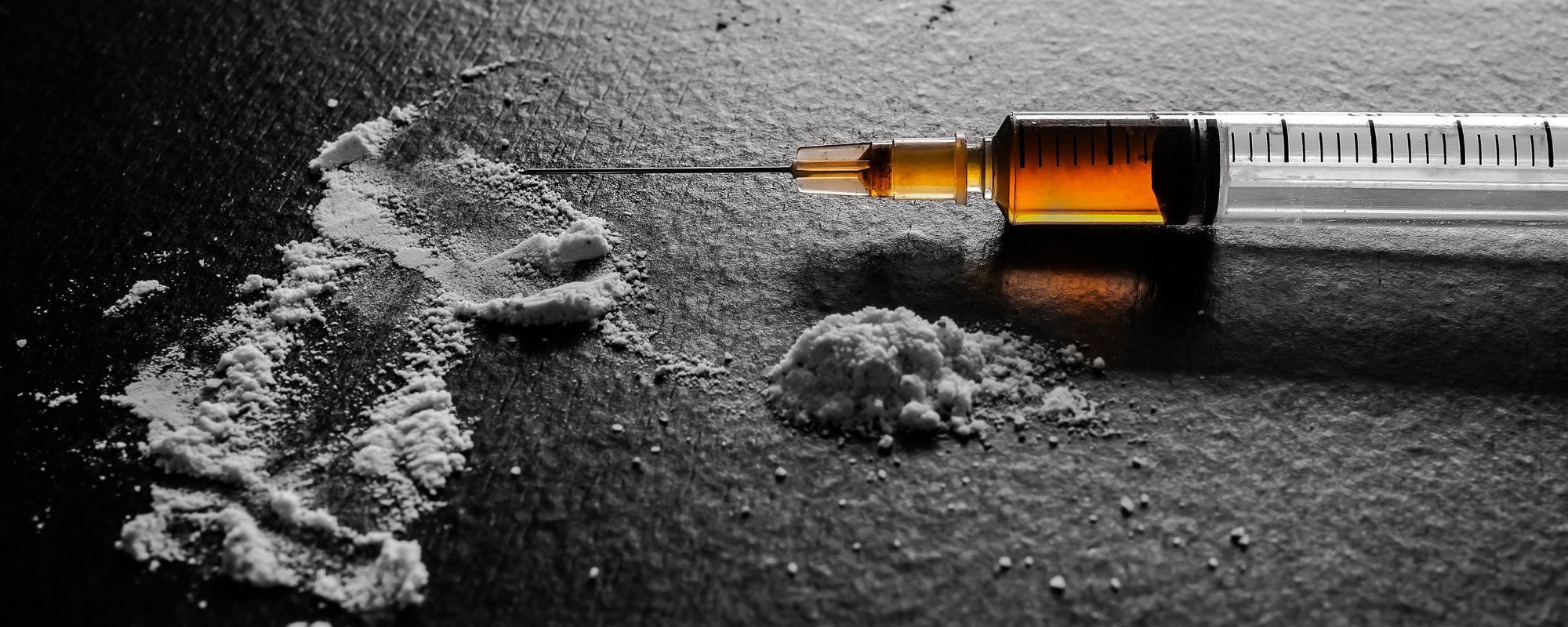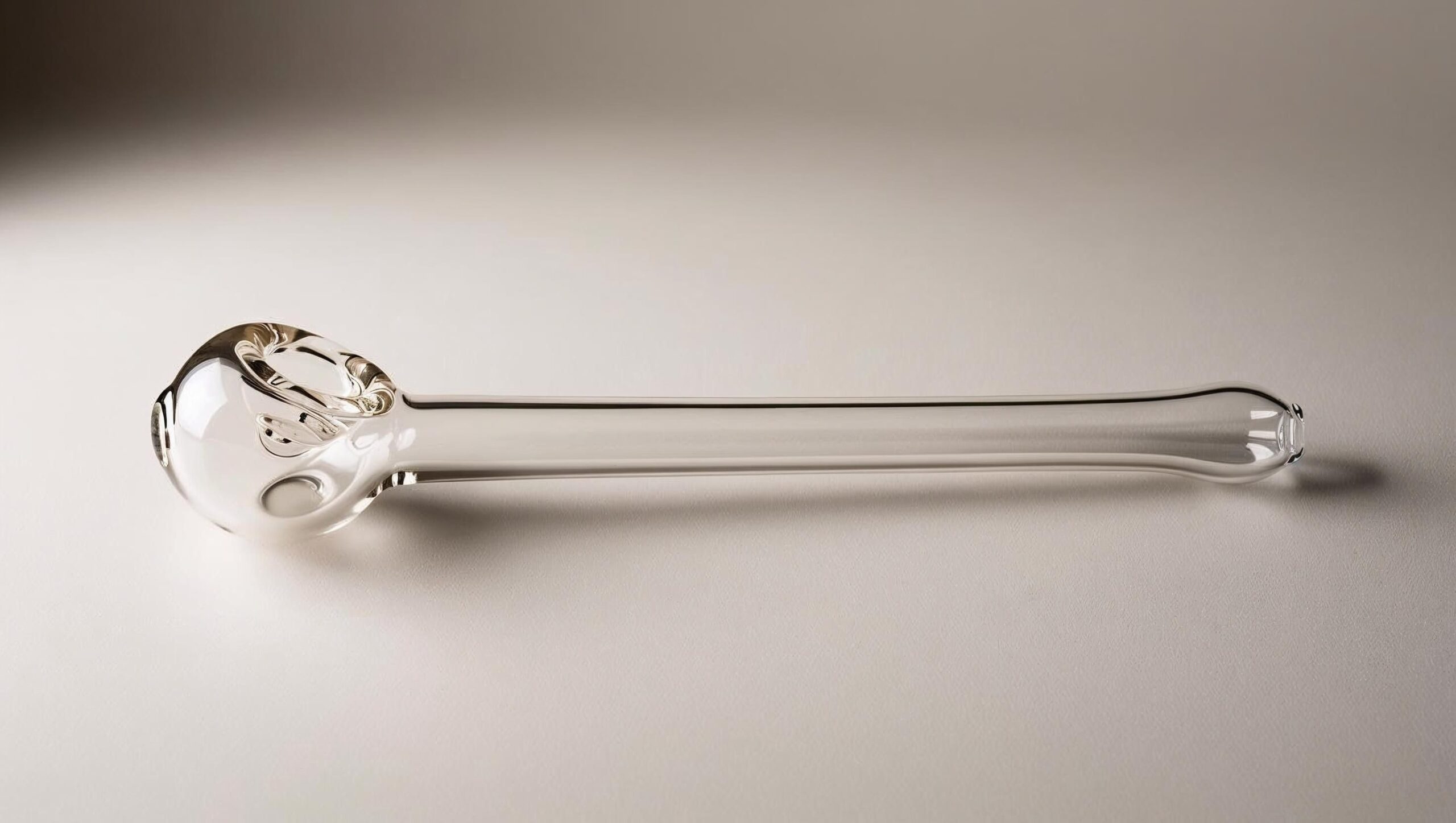Addiction contributes to poor nutrition or malnourishment. Constant consumption of alcohol or other substances denies the body of essential nutrients and prevents the body from absorbing these key nutrients. Many alcoholics and addicts have little knowledge about how to properly nourish their bodies, after letting their diets fall to the side during their addiction for so long. Because of this, alcoholics and addicts entering recovery are not sure how to properly nourish their bodies—and poor nutrition in recovery can cause headaches, sleep problems, and low energy levels.
Addicts and Eating Disorders
It is proven that people who abuse alcohol or substances are 11 times more likely to have an eating disorder that those without substance abuse issues. Furthermore, about half of those who struggle with an eating disorder, also abuse alcohol or other substances. Eating disorders affect the body in a multitude of ways, most notably effecting heart function, electrolyte levels, disruption of the digestive system, brain function, and reducing blood pressure to life-threatening levels. Eating disorders coupled with substance abuse has devastating effects on the body, which is why Royal Life Centers at Spokane Heights treats both disorders simultaneously to allow guests to effectively recover from both disorders for optimal health.
Active Addiction’s Effect on Nurtition
In active addiction, users put their nutrition as a low priority, as alcohol or drugs became the first priority. Active addiction can severely impact a person’s overall health. For example, meth addicts often go days without eating— and then binge eat once the drug wears off and they realize they are starving. Addicts’ first thought when they are hungry is to grab something cheap that they can eat at that exact moment, they do not sit around and plan healthy, well-balanced meals to nourish their bodies.
It’s not congruent with recovery to have poor nutrition, as we need to nourish our bodies in order to live healthfully. Eating a well-balanced diet, getting proper sleep, and staying physically active boosts the feel-good hormones in your body.
Balanced Meals
Most often, people choose food options that are quick and easy, or just something that they want to eat— without thinking about nutritional value whatsoever. In addiction treatment, many recovering alcoholics or addicts have a hard time differentiating symptoms of withdrawal from malnourishment due to poor nutrition. Royal Life Centers at Spokane Heights enrolls each guest in a nutritional program that leads guests by providing the example of a well-balanced diet. Our in-house private chef prepares three balanced meals per day, for each guest, showing guests what a proper meal looks like and how it can affect their overall health.
Nutrition in Recovery
In recovery, many alcoholics or addicts will try to replace their substance use with food. The overeating that results from this ‘replacement’ is also unhealthy. Guests need to strike a balance between nutrition and other wellness activities. Early in recovery, many addicts or alcoholics will reach for sugary foods in an attempt to release dopamine in their brain— mirroring their brain’s response to putting substances in their bodies. Sugary foods like desserts and candy will release the chemical dopamine in the brain, giving the recovering addict a similar feeling of happiness and contentment that they had when they were getting high.
Vitamin Deficiency
Chronic alcoholism deprives the body of an essential vitamin called thiamine, a vitamin that every tissue in the body uses. Without thiamine, the tissues in the brain, heart, liver and kidneys cannot function effectively. Low levels of thiamine also increases risk of heart failure, heart disease, dementia, Wernicke-Korsakoff syndrome, metabolic syndrome, and diabetes. In recovery, this is why proper nutrition is key. Royal Life Centers at Spokane Heights wants to offer our guests the best meals with high nutritional value, to help bring back essential nutrients to the body.
Vitamin deficiencies in alcoholics and addicts can also cause symptoms that mimic depression, including fatigue and sleep problems. Low levels of iron, B vitamins, and folate can all cause these symptoms. Some healthy sources of vitamins and minerals include the following: whole grains, beans, peas, peanuts, seeds, dairy, fruits and vegetables. Consuming vitamins and minerals allows the body to function effectively.
Carbohydrates
Ingesting carbohydrates is extremely important in recovery, as the body gets most of its energy from carbs. Without consuming the proper amount of carbohydrates, many parts of the body will struggle to function, blood sugar levels will be disrupted, and feelings of irritability, confusion, depression and anxiety can all be a result. Healthy sources of carbs include: whole grains, whole fruit, potatoes, vegetables, nuts, etc. Without proper carb intake, the body will crave carbs— this craving can be mistaken for a drug craving for those in addiction recovery. Also, diets with a low carbohydrate intake can affect sleep patterns.
Fiber
Fiber is an important part of a healthy diet, especially for those in addiction recovery for opioids. Fiber assists in the digestion of the food you eat, regulates blood sugar and cholesterol. For those in recovery who have the symptom of constipation, it is crucial to include fiber into their diet.
Protein
Protein aids in hormone production, which can affect mood regulation. In recovery, it is especially important to be getting enough protein in your diet— as protein will boost hormone production, immunity, and the body’s ability to fight off diseases and infections. Those without the proper intake of protein can experience feelings of sadness, anger, and anxiety.
Full Scope
In addition to intensive therapies and counseling, proper nutrition is a key part of recovery. No one can function their best without proper nutrition. It is hard for a malnourished brain to learn, which completely disrupts the addiction treatment process. Structured eating is key to gaining the most out of addiction treatment, which is why Royal Life Centers at Spokane Heights puts guests on a nutritional plan for the most effective recovery of the mind, body, and spirit. Balanced meals, and access to beverages and snacks, allow for guests to get into the habit of health. Royal Life Centers at Spokane Heights offers a medical detox program and a residential inpatient program; both programs include an emphasis on nutrition and feature an in-house private chef who prepares each guest three balanced meals each day.
If you or someone you know needs addiction treatment, please reach out to us for guidance at (888) 907-0898. Our team of addiction specialists are available to take your call 24 hours a day, 7 days a week. Because We Care.
























